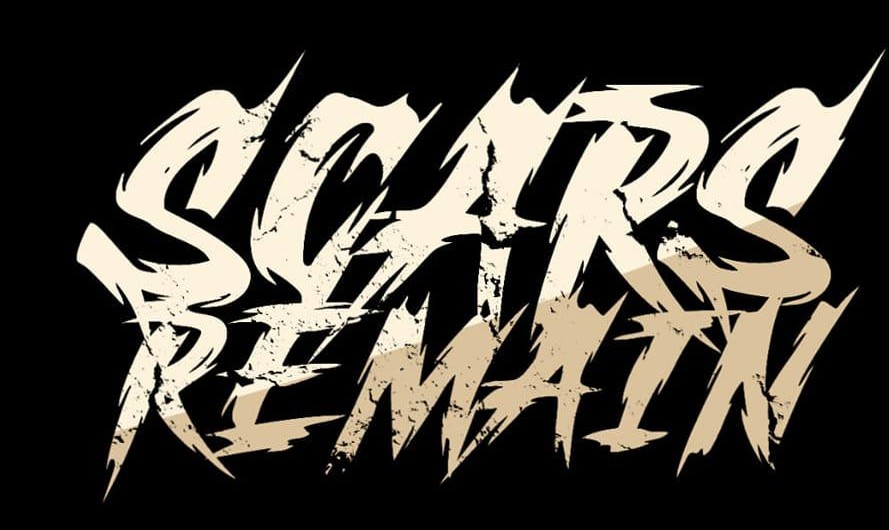New Song Review — “The Worst I Ever Knew” by Scars Remain
Scars Remain don’t treat pain like a spectacle; they treat it like a room you have to walk through. “The Worst I Ever Knew” opens that door and lets the air sting a little—then builds enough light inside to see what’s actually there.
What it’s really about
The title points to a low point, sure, but the song reads more like an inventory than a confession. It’s less “I’m ruined” and more “here’s what I survived and what it left behind.” That framing matters: the narrator isn’t begging for sympathy—they’re measuring the distance between who they were and who they’re trying to be now.
The sound that carries it
- Guitars: A dry, palm-muted verse by Kyle Spidel keeps the floor steady—no showboating, just tension. When the chorus hits, the distortion doesn’t merely get louder; it widens, like the walls push back a few feet. Those chord voicings land in that sweet spot where grit meets melody, letting the vocal cut without resorting to shout-singing.
- Rhythm section: The kick and bass move in lockstep, pushing the verses forward with a fighter’s footwork—small, efficient steps—then opening up in the chorus so everything can breathe. Drummer Jim Clardy resists the “fill every gap” impulse, which makes the few accent hits feel like underlined sentences. Bassist Andy Allen’s bass subtly reinforces refrain, grounding the emotional verdict with weight you can feel in your chest.
- Vocals: There’s a human quiver on the edges—not a pitch wobble, a conviction wobble. Travis Keziah’s verses feel half-confessional, like someone talking across a kitchen table at 2 a.m.; the chorus pivots to a firmer posture, the tone rounding out and lifting without losing grain.
Writing choices that land
- Imagery over melodrama: The song avoids diary-entry overshare. Instead of naming the wound, it sketches the scar—clear enough to recognize, open enough for listeners to project their own story.
- Refrain as verdict: The hook functions like a stamped conclusion to each section. Each return reframes “the worst” from a monster in the dark to something cataloged and contained.
- Bridge restraint: The bridge doesn’t try to become a second chorus. It narrows the frame, drops a layer or two, and pivots the lyric perspective just enough to make the final chorus feel earned rather than inevitable.

Production that respects the song
No gratuitous sheen. The mix leaves enough raw edge on the guitars and enough headroom on the vocal that you can hear the intake of breath before phrases. Subtle doubling thickens the hook without turning it into a polished pop plank. The mastering keeps dynamics intact; when the chorus arrives, it actually expands.
Where it connects
This track will resonate with listeners who want catharsis without theatrics—fans of modern hard rock that values contour over constant impact. Think: late-night drive, hands at ten and two, mind replaying a moment you wish you’d handled differently—but this time you’re not spiraling, you’re taking notes.
Standout moments (no timestamps needed)
- The first chorus lands with width rather than height; it feels like stepping into the same room after opening the blinds.
- A held note in the final hook frays just a touch—more character than polish—and that imperfection is what sells the truth of it.
- The last few bars don’t slam the door; they leave it cracked, suggesting the story keeps going after the speakers go silent.
Verdict
“The Worst I Ever Knew” is sturdy, unsentimental, and quietly devastating. Scars Remain turn reckoning into architecture—clean lines, rough brick, no fake trim. It’s not a spectacle; it’s a blueprint for getting out of a hard place and into an honest one. Check out the new track below, and give the Facebook a like and follow!
https://www.facebook.com/ScarsRemainNC

